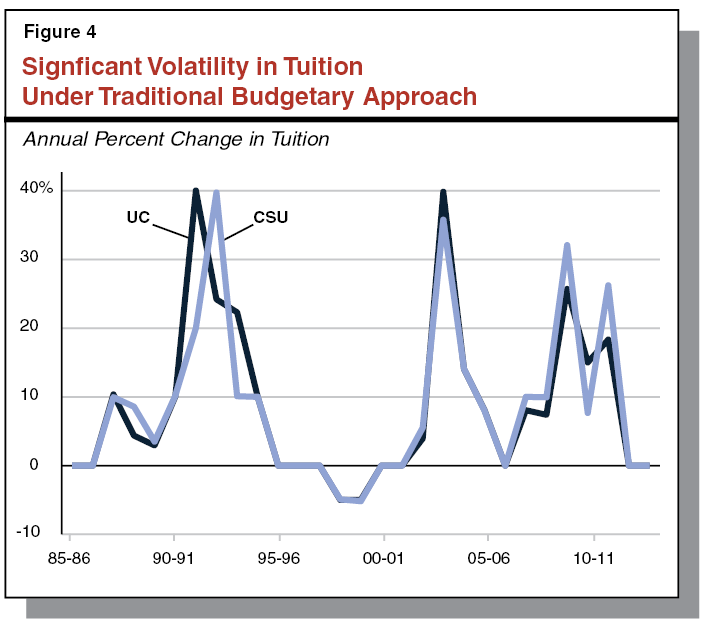Colleen Lye and James Vernon (UC Berkeley Faculty Association)
UC faculty need to wake up to the systematic degradation of their pay and benefits. In 2009, when the salary furlough temporarily cut faculty salaries between 6 and 10%, faculty were outraged. Yet since then our compensation has been hit by a more serious, and seemingly permanent, double blow.
First, despite modest salary rises of 3% and 2% in October 2011 and July 2013, faculty take-home pay has been effectively cut as employee contributions to pension and healthcare have escalated. Faculty now pay more for retirement and healthcare programs that offer less. Secondly, faculty are no longer treated equally. Different groups of faculty are increasingly pitted against each other as – depending on our age or where we live or when we were hired – we receive different levels of retirement, health and other benefits.
Faculty salaries were already uncompetitive. Even with the recently-announced 3% raise, they remain 10-15% below UC’s own comparator institutions (http://accountability.universityofcalifornia.edu/documents/accountabilityreport13.pdf) and a further 10% behind those of the private 4 — Stanford, Yale, Harvard and MIT –(http://accountability.universityofcalifornia.edu/documents/accountabilityreport13.pdf).
Back in 2009 strong benefits, in the form of pension and health care provisions, once allowed UC to excuse its uncompetitive salaries by reminding us of what it called our ‘total compensation package’ (http://compensation.universityofcalifornia.edu/total_rem_report_nov2009.pdf).
This is no longer true. Now, as continued austerity management grips University administrators, and campaigns are launched to divest public sector workers of their pensions and retiree healthcare, faculty are being stripped of these deferred (and other) benefits.
One reason faculty are largely unaware of the degradation of their benefits is that changes have been made incrementally and target different constituencies. Gone are the days when all faculty and retirees were treated equally and received the same benefits. And yet for all faculty these changes mean we are paying more and getting less.
Firstly, faculty are divided by a new two-tier pension system. The old pension, the so-called 1976 tier, has seen a steady escalation of employee contributions from 0% in 2009 to 8% in 2014. These raises alone mean that faculty take-home pay has deteriorated by as much as 3%.
The new pension introduced for those hired since 2013 has begun with a 7% employee contribution. Despite paying more new faculty get less. The minimum retirement age has been raised from 50 to 55, the retirement age for maximum pension has been raised from 60 to 65, and the lump sum cash-out and subsidized survivor benefits have been eliminated.
Secondly, although there is as yet no legal evidence that retiree health benefits are less ‘vested’ (and thus unalterable except by legislation) than pensions, they have been progressively stripped. And here again different groups of faculty are treated differently.
Since 2010 UC’s contribution to retiree health benefits has fallen from 100% to 70%, but this pales in comparison to the changes introduced in 2013 which have affected 50% of faculty and staff. All new hires, together with those with fewer than 5 years of service, or those whose age plus service is fewer than 50 years, will now receive nothing from UC towards their healthcare if they retire before 55. Meanwhile contributions for those retiring after 56 will be on a sliding scale (depending on length of service) beginning at just 5%!
Worse still, in what is being considered a pilot program by the Regents, retirees no longer living in California have been removed from UC’s insurance plans. Instead they will be given a lump sum of $3,000 per annum to help defray costs not covered by Medicare. This represents a significant shift of the risk and the responsibility for healthcare from UC on to retirees. If it generates the projected $700 million savings of total liability as reported by UCOP’s CFO to the regents this year, it is likely soon to be coming to a group of retirees near you.
Thirdly, in the fall, the majority of faculty and staff were forced to change their healthcare plan in little over two months. We were promised that these had been negotiated to secure great savings for UC and lower insurance rates for all UC employees. It quickly became clear that those lower monthly rates masked a huge turnover in eligible providers, geographically uneven coverage of service (across as well as between campuses), and considerably higher deductibles. It is too soon to calculate how much more faculty are paying for their healthcare, but once again we are certainly paying more for less.
It is time for faculty to wise up to this systematic and universal downgrading of our salaries and benefits that also sets different groups of us on different tracks. The contrast with the new contracts recently signed by CNA, UPTE and ACSFME is worth noting. In addition to significantly improved salaries, these unions have been able to maintain a single-tier pension (for an additional 1% contribution) and retain retiree health benefits.
So how will faculty respond? With a sigh of resignation? A determination to get an outside offer that would increase one’s personal compensation package? Or will we seek better mechanisms that would permit faculty to negotiate all elements of our compensation rather than have it decreed, and diminished, from on high?










